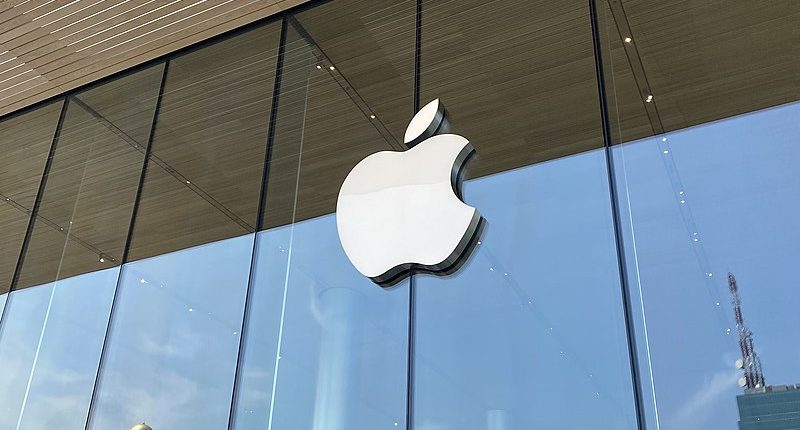The Apple vs Epic trial was slated to have far-reaching consequences across the industry, and the decision by Judge Yvonne Gonzalez Rogers has done just that. Months after the highly-anticipated trial commenced, the US federal judge struck down some of Apple’s controversial App Store rules and ruled that the iPhone maker could not prohibit developers from sending their users to payment systems other than the App Store.
The App Store has been a headache for Apple in recent times as developers have argued against its policies time and again. This has led to Apple liberalizing some of it, including letting developers accept direct payments outside of the App Store and letting media apps bypass its monetization policies altogether. Friday’s ruling is another nail in the coffin as it is a partial win for app makers, especially Epic, whose “Fortnite” had been removed from the App Store earlier.
The new order stated that Apple was “permanently restrained and enjoined from prohibiting developers from including in their apps and their metadata buttons, external links, or other calls to action that direct customers to purchasing mechanisms, in addition to In-App Purchasing and communicating with customers through points of contact obtained voluntarily from customers through account registration within the app.”
This injunction will take effect in 90 days – December 9th, to be exact – unless a higher court decides otherwise. The judge described her ruling as requiring a “measured” change to Apple’s rules.
In a small relief for Apple, it will be allowed to continue to charge commissions of 15% to 30% on purchases made on its App Store. Epic said it would appeal the ruling, with CEO Tim Sweeney tweeting that the ruling “isn’t a win for developers or for consumers,” and that “Epic is fighting for fair competition among in-app payment methods and app stores for a billion consumers.”
It is not all sunshine and roses for Epic either, as it was found to be in breach of its contract with Apple after it resorted to an alternative payment system with Fortnite, and is thus required to pay Apple 30% of revenue collected through the alternate system – a sum of more than $3.5 million. Additionally, it failed to get Apple dubbed as a monopolist since the judge concluded that the court could not ultimately decide that Apple was a monopolist under federal or state antitrust laws. “Nonetheless, the trial did show that Apple is engaging in anticompetitive conduct under California’s competition laws.”
As for Apple, it saw the ruling as a win. “Today the Court has affirmed what we’ve known all along: the App Store is not in violation of antitrust law,” an Apple spokesperson said. “As the Court recognized ‘success is not illegal.’ Apple faces rigorous competition in every segment in which we do business, and we believe customers and developers choose us because our products and services are the best in the world. We remain committed to ensuring the App Store is a safe and trusted marketplace that supports a thriving developer community and more than 2.1 million U.S. jobs, and where the rules apply equally to everyone.”
